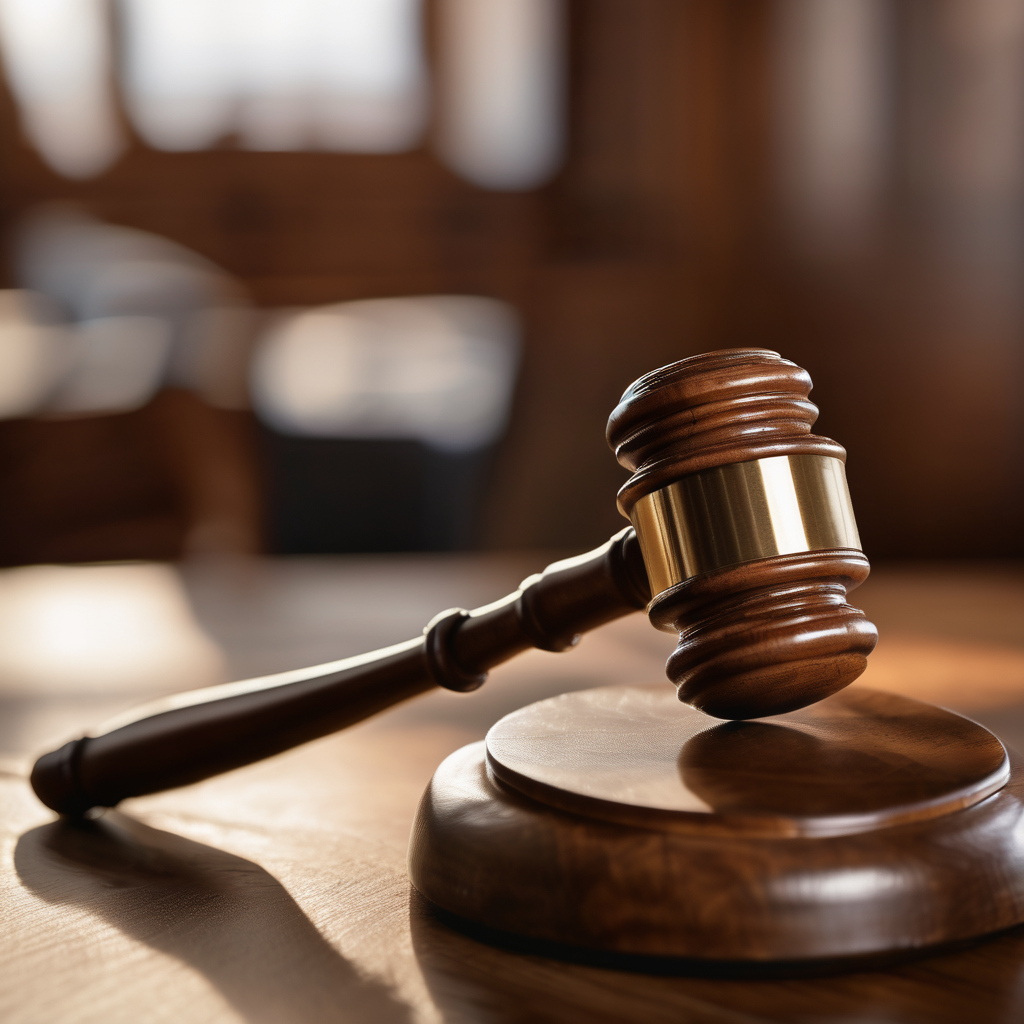Fiji Law Society President Wylie Clarke has raised serious concerns regarding the ongoing challenges of maintaining the rule of law in Fiji, attributing these issues to the leadership at the highest levels of government. Speaking at the society’s convention in Nadi, Clarke noted that the Fijian legal system frequently finds itself at odds with governance, which undermines public trust and confidence in legal processes.
Clarke emphasized that the responsibility for establishing respect for the rule of law begins with leaders, stating, “It starts at the top,” which highlights the influence of leadership actions on the public’s perception and practice of law. He contrasted the ongoing dialogue about the importance of respecting legal frameworks with the reality where such respect is often lacking.
The Law Society President posed critical questions on how the state and its agencies can enhance their commitment to legal standards and principles. He stressed the importance of accountability among public officials and an understanding of their obligations under the rule of law, suggesting that this could help restore the trust that has eroded due to recent legal controversies.
Clarke also voiced concerns over rising public frustration stemming from government decisions, including the suspension or appointment of public officers without transparent processes, which have left many feeling disillusioned. He pointed to ongoing investigations by the Fiji Independent Commission Against Corruption related to legal processes and appointments, expressing alarm over the apparent neglect of adherence to established laws.
These comments echo sentiments previously expressed by legal experts and international organizations following contentious government actions. Recent suspensions of legal officials have sparked significant worry about the independence of the judiciary, with groups such as the Commonwealth Lawyers Association and LAWASIA warning that these developments threaten the integrity of Fiji’s legal institutions. They stressed the critical need for transparency and adherence to due process.
As discussions about governance continue, there is a widespread hope for reforms that bolster accountability and enhance the integrity of Fiji’s legal and political systems. The hope is that these dialogues can lead to meaningful changes that reaffirm the rule of law and restore public trust in Fijian institutions. As the convention progresses, the focus remains on fostering collaboration between leaders and the legal community to establish a system that upholds justice for all citizens, presenting a potential turning point for the nation’s legal landscape.
